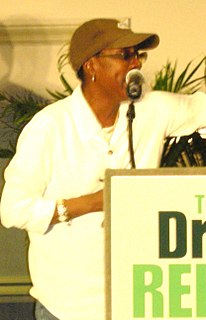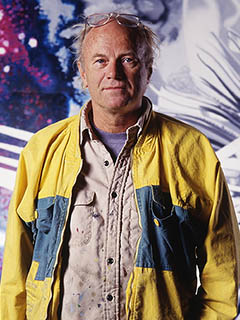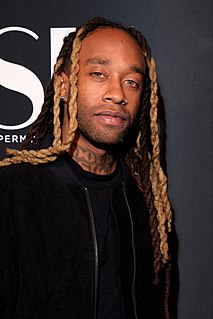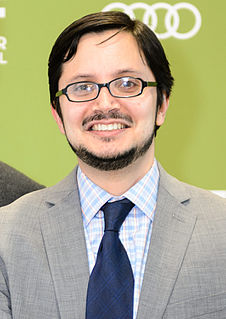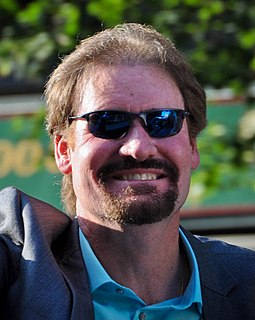A Quote by Afeni Shakur
Pac was special. He was articulate. I trained him. Punishment for him was reading The New York Times.
Quote Topics
Related Quotes
I'd trained to be a diplomat but the state department said I was too liberal. I saw an ad in the New York Times ... a hack Californian editor came to New York to butcher some films and he needed an assistant. For some reason I read it that day and it changed my life. I went to work for him and he was horrible, butchering these masterpieces by Antonioni, Visconti, but I learned enough to know what he was doing wrong.
Society takes upon itself the right to inflict appalling punishment on the individual, but it also has the supreme vice of shallowness, and fails to realize what it has done. When the man's punishment is over, it leaves him to himself; that is to say, it abandons him at the very moment when its highest duty towards him begins.
I arrived in Tokyo in around '81. Around that time, I visited London for about two months - it was the period just before Malcolm McLaren released his solo album Duck Rock. I'd met him when he came to Japan, so I visited him in London and spent one evening with him and his girlfriend over at his house. He told me, "London is boring right now. You should go to New York." So he called a friend in New York, who I think was an old assistant or someone who helped him record early hip-hop stuff over there.
The New York Times will tell you what is going on in Afghanistan or the Horn of Africa. But it is no exaggeration that The New York Times has more people in India than they have in Brooklyn. Brooklyn is a borough of two million people. They're not a Bloomingdale's people, not trendy, sophisticated, the quiche and Volvo set. The New York Times does not serve those people.
